
Atmospheric remote sensing is vitally important to addressing major societal challenges related to climate change and atmospheric pollution. An EU-funded project is reducing the uncertainty in critical atmospheric parameters and training a new generation of scientists in new observation techniques.
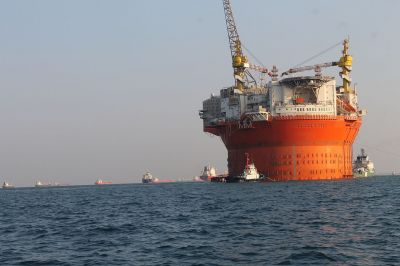
The rise in offshore construction has led to explosions, fires and spills that have had a devastating impact on humans, the environment and the economy. An EU initiative aimed at developing an international legal framework that regulates offshore construction.
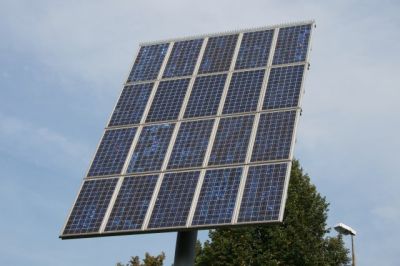
Harvesting the Sun's virtually limitless supply of energy is an incredibly sustainable way to reduce dependence on combustion of fossil fuels. Novel technologies developed with EU funding promise to enhance widespread market uptake.

The Mediterranean supports a rich diversity of marine life, which is the focus of conservation efforts. An EU-funded initiative is investigating how best to designate and manage these sites for marine conservation.
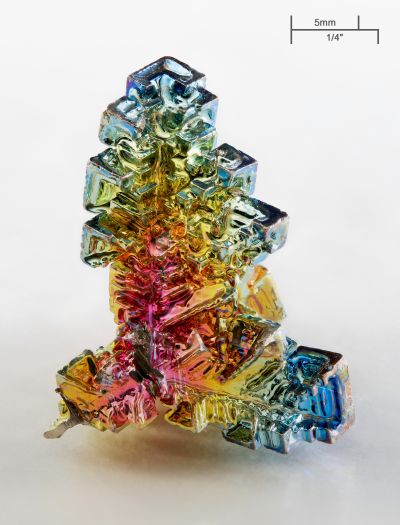
Advanced modelling software has been developed for the assessment of environmental and human exposure to chemicals. This new tool integrates multimedia, PBPK and dose-response models to address the entire exposure assessment chain.
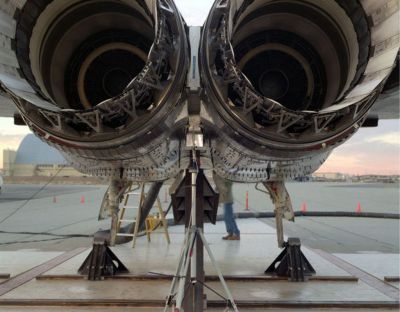
Enhancing the efficiency of propulsion can reduce fuel consumption and emissions in the air transport sector. Novel concepts such as multiple distributed propulsion systems and integration of propulsion into the airframe could help achieve goals.

Ornamental stone beautifies homes, yards and commercial buildings around the world while providing structural support. New technology for inspecting the rock before mining will significantly reduce the environmental impact of the industry.
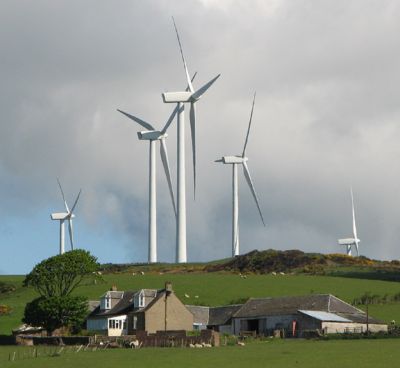
An EU-funded project is helping to unveil the first European research infrastructure in the field of wind energy. This research facility in Denmark should facilitate researchers in their quest to measure and understand the 3D and time-varying wind fields.
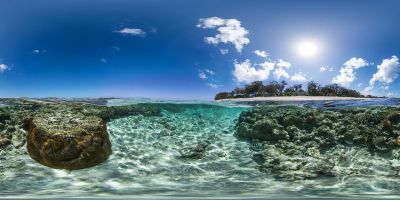
Tropical coral reefs are home to an enormous variety of marine life; however, they are under threat from human activities and rising sea levels due to climate change. A better understanding of the ecological mechanisms that take place within tropical coral reefs will help to ensure their conservation.
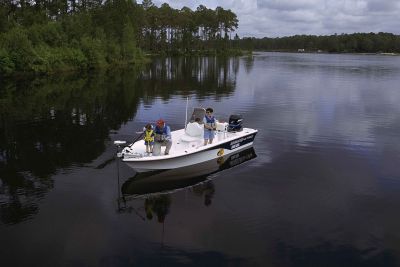
An EU project is using satellite data for lake management, and to support other European space endeavours. The project will receive, store and process data from Sentinel-2 and -3, and has devised the algorithms to fully automate the process.
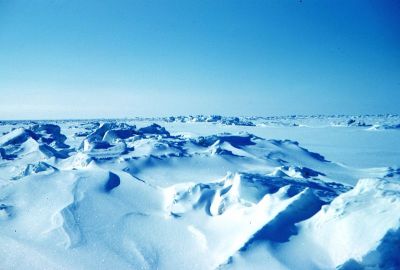
Young researchers have received theoretical and practical skills training to study nitrogen at the Ny-Alesund Arctic research centre in Svalbard, Norway.
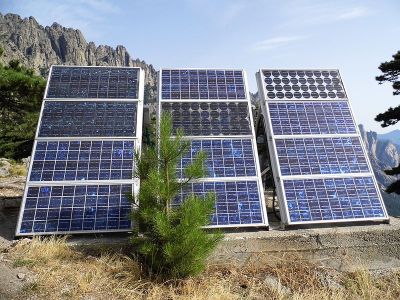
EU-funded researchers unveiled a cost-effective solar cogeneration system that captures excess heat that solar cells dissipate and uses it to produce useful hot water.

A novel hybrid system could convert combustion and solar heat into continuous electric power and reduce emissions.

EU researchers examined mineral dust deposited on Mount Elbrus in southern Russia to identify its properties, source, and the conditions for its transportation and deposition. The aim was to increase understanding of how mineral aerosols are transported in the atmosphere and their impacts on climate change.
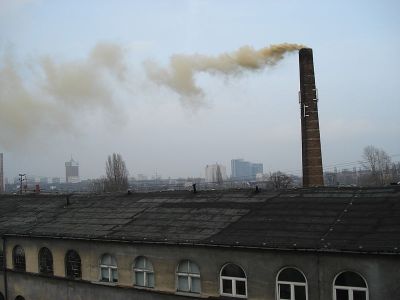
An EU-funded project broke down the boundaries amongst research institutions in atmospheric chemistry, offering access to the network facilities to a wider range of researchers.
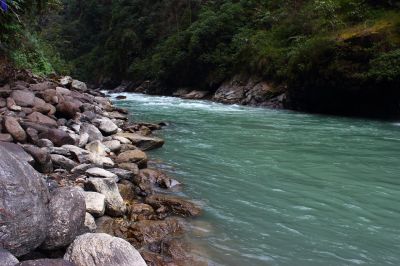
New research is set to boost agricultural business development between the EU and India through wastewater treatment and reduced water use.
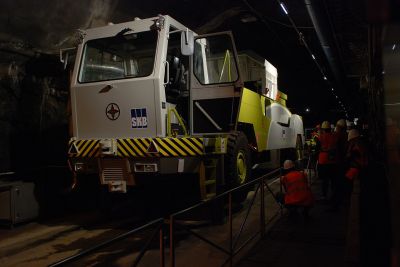
Researchers are conducting tests around Europe on five different solutions for sealing off geological radioactive waste storage facilities.

Small power stations are nothing new, but in the past they tended to use a lot of energy. An EU-funded project sought to build a more efficient and cheaper microgeneration system that should enable end users to substitute regular boilers once and for all.

As an energy carrier, hydrogen inspires a lot of enthusiasm and more than a little wariness. An EU-funded project addressed safety issues related to the use of hydrogen technologies.
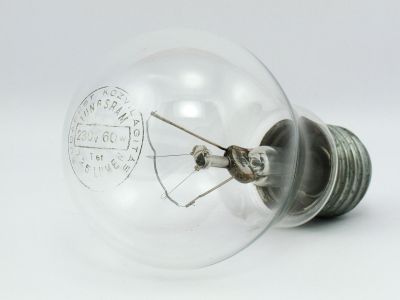
Researchers have taken the first steps towards a new generation of fuel cell that is more stable and durable than its predecessors
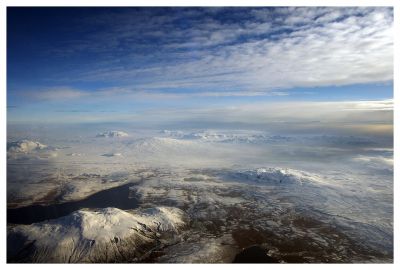
An EU-funded project broke down the boundaries amongst research institutions in atmospheric chemistry, offering access to the network facilities to a wider range of researchers.
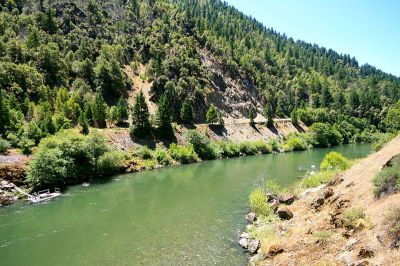
Researchers have developed models of rivers and streams that will improve the management and conservation of riverine ecosystems in the Mediterranean.
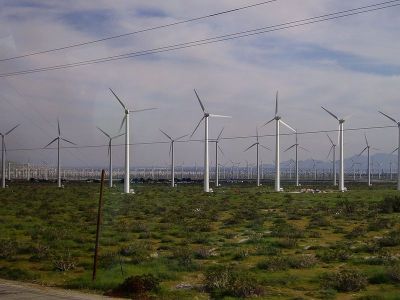
Renewable energy resources (RES) such as wind, solar, hydro, geothermal and biomass can significantly offset the world's demand for fossil fuel-derived electricity. A new EU study points the way to expansion of current networks to efficiently integrate RES.
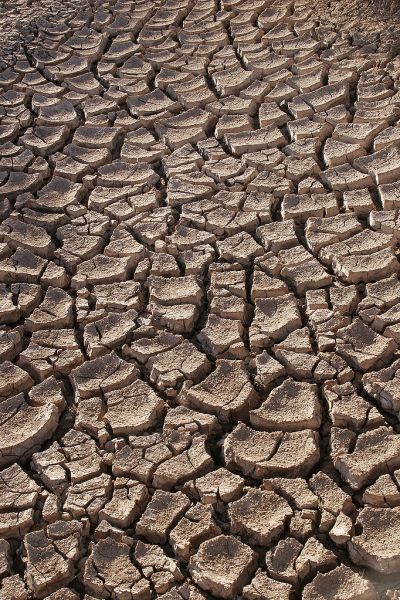
The next generation of multi-skilled climate experts will soon be able to tackle the intricate challenges of climate science from different angles.
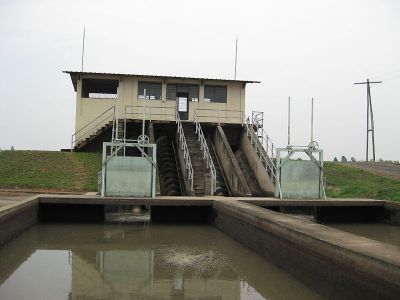
Researchers are working on bioreactor systems that can remove recalcitrant pollutants from water, converting it into biomass for biodiesel production.
























